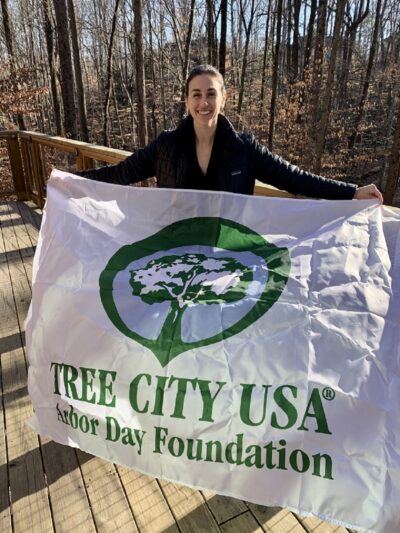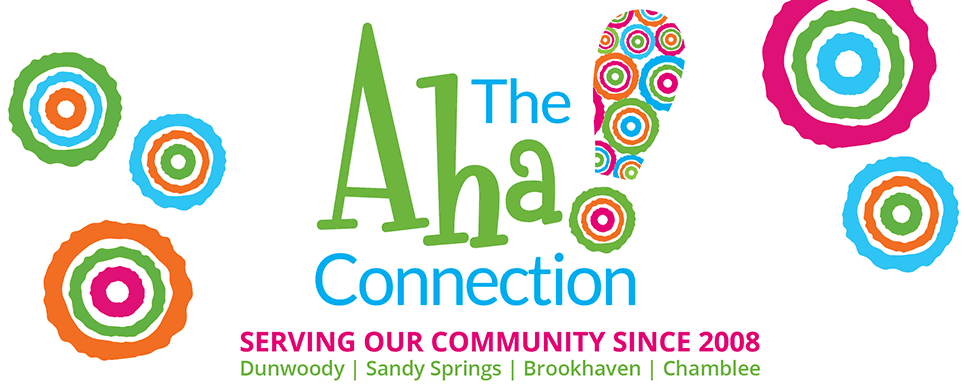The designation comes as the City of Dunwoody prepares to celebrate Georgia Arbor Day on February 18.
 Dunwoody, GA – February 14, 2022 – For the tenth year in a row, the City of Dunwoody is being recognized as a “Tree City USA” for its commitment to core standards of sound urban forestry management. Alex Ballard, regional specialist with the Georgia Forestry Commission, will join City leaders to celebrate the designation with a ceremonial tree planting on Georgia Arbor Day, February 18.
Dunwoody, GA – February 14, 2022 – For the tenth year in a row, the City of Dunwoody is being recognized as a “Tree City USA” for its commitment to core standards of sound urban forestry management. Alex Ballard, regional specialist with the Georgia Forestry Commission, will join City leaders to celebrate the designation with a ceremonial tree planting on Georgia Arbor Day, February 18.
“As a city, we show our commitment to trees in a variety of ways,” said Dunwoody Mayor Lynn Deutsch. “I’m excited to introduce our newest initiative to grow our tree canopy. Beginning in the fall, we will bring the Trees Atlanta Front Yard Tree Program to Dunwoody. This program allows residents to have a tree planted on their property at little to no cost.”
Tree City USA provides the framework for community forestry management in cities and towns nationwide that meet certain requirements, including specific spending levels for urban forestry and planned Arbor Day celebrations. Since 2013, the City of Dunwoody has worked with Trees Atlanta and community volunteers to plant almost 2,000 trees in Dunwoody, including 100 during this year’s Martin Luther King, Jr. Day of Service.
Due to Georgia’s ideal winter tree planting season, the third Friday in February is designated annually as Arbor Day in Georgia. The City of Dunwoody will celebrate on February 18 with the ceremonial planting of a white oak at 9 a.m. at Brook Run Park near the Barclay Road entrance to the multi-purpose fields. Representatives from the Dunwoody City Council, Dunwoody Parks & Recreation, Dunwoody Community Development and members of the Dunwoody Sustainability Committee will gather for the planting.
City of Dunwoody Arborist Amy Bledsoe encourages residents to consider planting a native tree or seedling in their yard. She said the following native trees grow well in Dunwoody:
- Overstory species such as American Beech, River Birch, Bald Cypress, American Elm, Red Maple, and various Oak varieties
- Evergreen species such as American Holly, Southern Magnolia, and Sweetbay Magnolia
- Understory species such as Serviceberry, Eastern Redbud and Flowering Dogwood
“Trees help clean our air and reduce the heat island effect,” Bledsoe said. “They also increase property values, reduce stress levels and provide wildlife with important habitats.”






